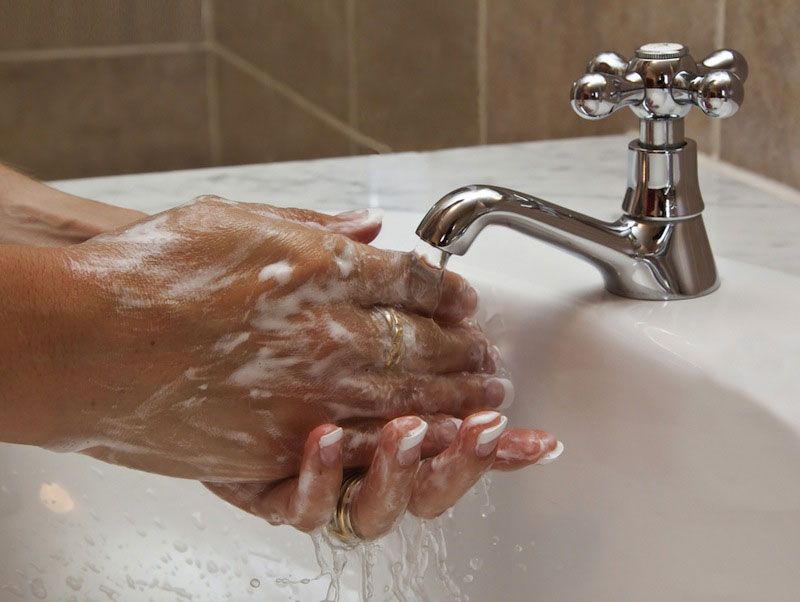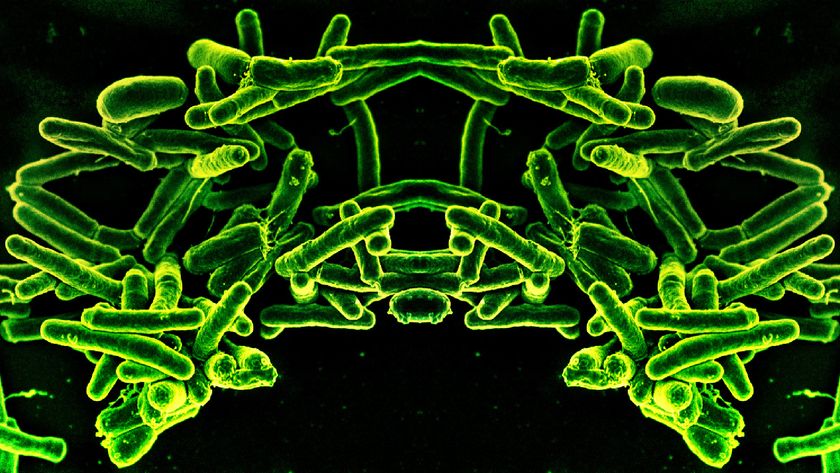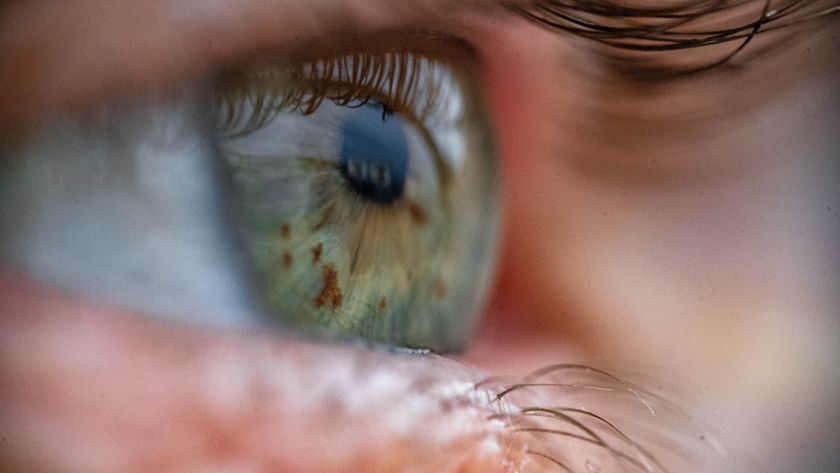
Minnesota Bans Common Chemical in Antibacterial Soap

Minnesota is the first state to pass a law banning the chemical triclosan, which is widely used in antibacterial soaps and body washes.
The ban was signed into law on Friday (May 16), and will go into effect in January 2017, according to the office of Minn. Governor Mark Dayton.
Triclosan is an antibacterial chemical found in many hygiene products, including soaps and body washes, and toothpastes, according to the Food and Drug Administration. Some animal studies have suggested that triclosan may affect hormones in the body, and there is additional concern that the chemical contributes to the rise of antibiotic resistance, the FDA says.
The FDA is currently reviewing the safety of triclosan. In December, the agency issued a proposal that would require companies that make antibacterial products to show their products are safe and more effective than plain soap. If makers could not show this, then they would need to reformulate their products to remove the antibacterial chemicals, the proposal said.
Sign up for the Live Science daily newsletter now
Get the world’s most fascinating discoveries delivered straight to your inbox.

Rachael is a Live Science contributor, and was a former channel editor and senior writer for Live Science between 2010 and 2022. She has a master's degree in journalism from New York University's Science, Health and Environmental Reporting Program. She also holds a B.S. in molecular biology and an M.S. in biology from the University of California, San Diego. Her work has appeared in Scienceline, The Washington Post and Scientific American.












